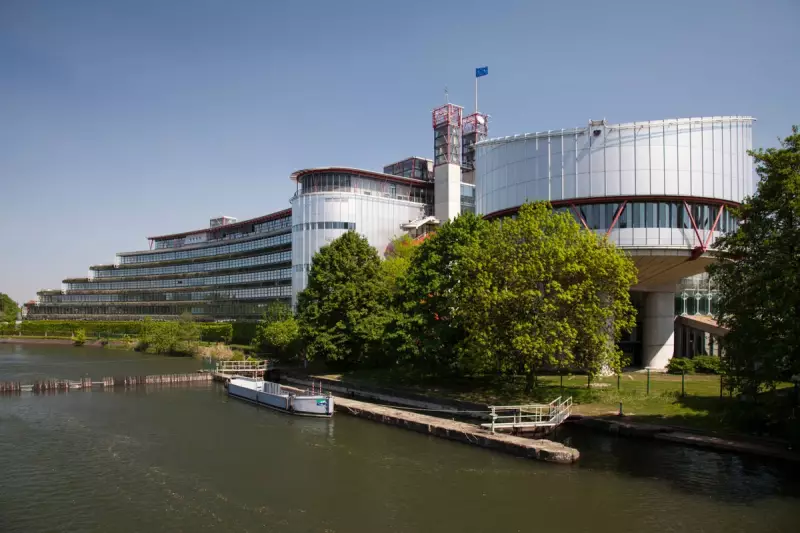
The Labour Party has launched a scathing attack on Conservative plans to withdraw from the European Convention on Human Rights, with shadow justice secretary Shabana Mahmood warning it would turn Britain into an "outlaw state".
The dramatic intervention comes as BBC analysis reveals the stark international isolation the UK would face if it proceeds with leaving the human rights framework.
International Pariah Status
According to research conducted by the BBC, the United Kingdom would join Belarus as the only European nations outside the European Convention on Human Rights. This would place Britain in the company of a country widely condemned for its human rights record and political repression.
Ms Mahmood didn't mince words when describing the potential consequences, stating that leaving the ECHR would see Britain "trashing its international reputation" and joining "the pariah state of Belarus as the only European country outside the European Convention".
Conservative Divisions Exposed
The controversy highlights deepening divisions within the Conservative Party regarding Britain's relationship with European institutions post-Brexit. Some right-wing MPs have been pushing for withdrawal from the ECHR, particularly in relation to immigration and asylum policies.
However, the Labour warning underscores the significant diplomatic and legal consequences such a move would entail. The European Convention on Human Rights, established in 1953, has been a cornerstone of European human rights protection for decades.
Historical Context and Future Implications
Britain was instrumental in drafting the European Convention on Human Rights following the Second World War, with Winston Churchill among its strongest advocates. Leaving the convention would represent a dramatic reversal of Britain's historical commitment to international human rights standards.
The shadow justice secretary emphasised that withdrawal would have far-reaching implications beyond immigration policy, potentially affecting everything from privacy rights to protections against torture and inhuman treatment.
As the debate intensifies, the government faces increasing pressure to clarify its position on one of the most fundamental questions about Britain's place in the international legal order since Brexit.





